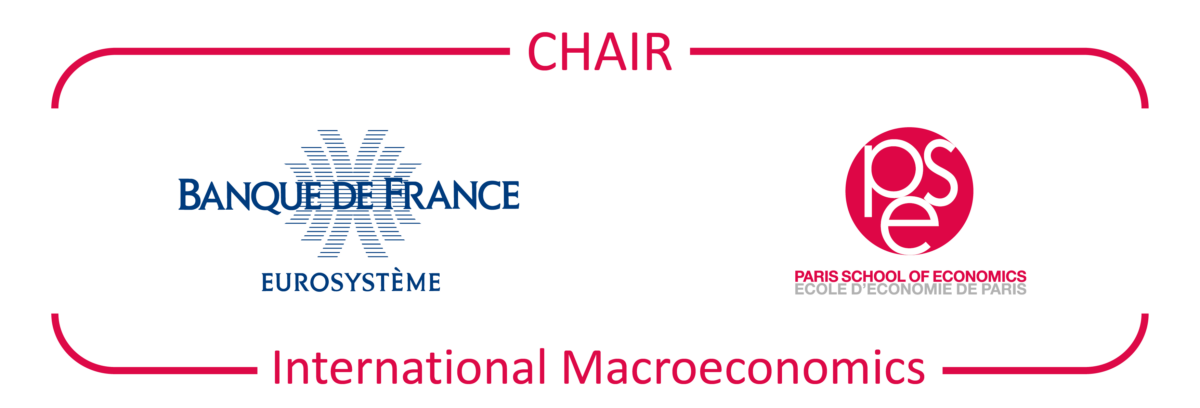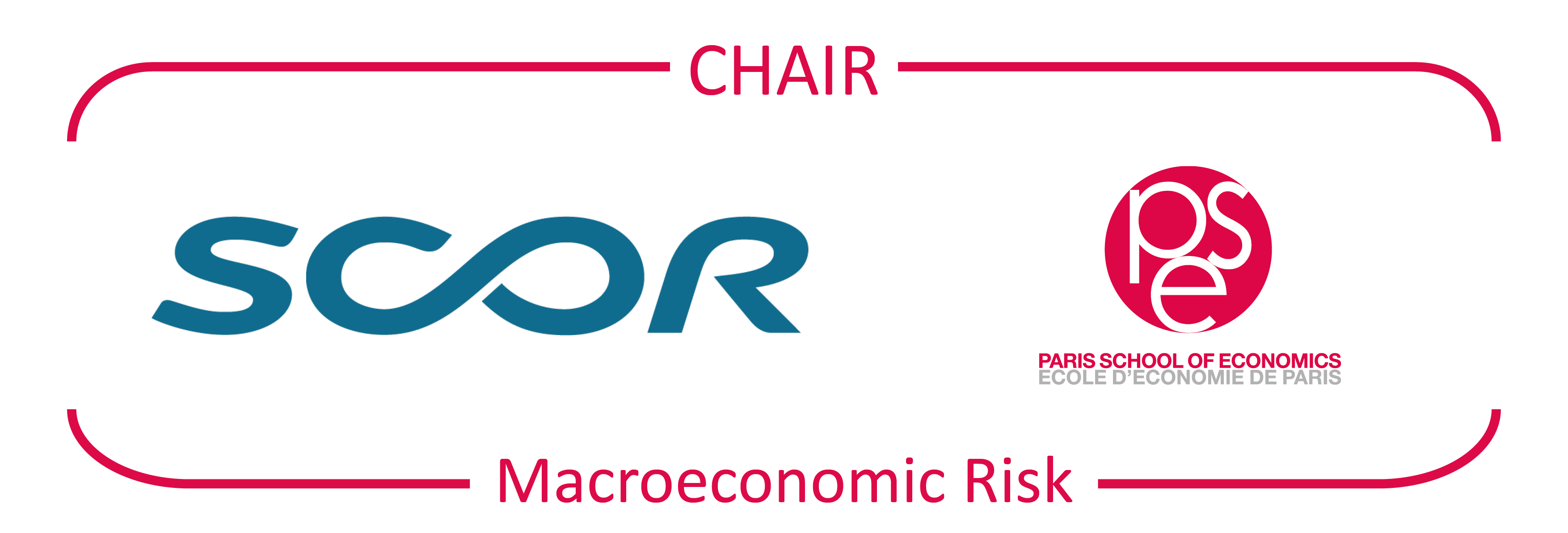You can find the replay of all the presentations held during the event:
Thursday September 15th
Session I : Annual Conference of the Macroeconomic Risk Chair
Welcome address, Daniel Cohen (President of the Board of directors of PSE) and Philippe Trainar (Directeur of the Fondation SCOR pour la Science)

Anton Nakov: “Optimal Monetary Policy when r*<0”

Césaire Meh: “Gazing at r*: A Hysteresis Perspective”

Klaus Adam: “Subjective Housing Price Expectations, Falling Natural Rates and the Optimal Inflation Target”

Natalie Rickard: “Essential Business Cycles”

Francesco Ferrante: “The Inflationary Effects of Sectoral Reallocation”

Roundtable: Why is the euro falling relative to the dollar?

Participants: Klaus Adam (University of Mannheim), Giancarlo Corsetti (EUI), Martin Uribe (Columbia University)
Modérator: Gilles Saint-Paul (Paris School of Economics, École normale supérieure – PSL)
Friday September 16th
Session II : Annual Conference of the International Macroeconomics Chair
Oliver Pfäuti: “A Behavioral Heterogeneous Agent New Keynesian Model”

Galo Nuño: “The Heterogeneous Impact of Inflation on Households’ Balance Sheet”

Guido Ascari: “The Long-Run Phillips Curve is … a Curve∗”

Martin Uribe: “What Do Long Data Tell Us About the Inflation Hike Post COVID-19 Pandemic?”

Martin Harding: “Understanding Post-Covid Inflation Dynamics”

Giancarlo Corsetti: “Gambling on price (and fiscal) stability”

The International Macroeconomics Chair is the result of a partnership between the Banque de France and PSE. Sharing the same vision about scientific needs on international issues, these two organisations joint their efforts to build a chair with the objective of fostering the development of research on the financial & monetary international system, and in international Macroeconomics.
The Macroeconomic Risk Chair aims to promote the development and dissemination of research into a number of areas linked to the issue of macroeconomic risk, the macroeconomic effects of uncertainty, the financial and macroeconomic contagion effects of crises and the long-term risks.


